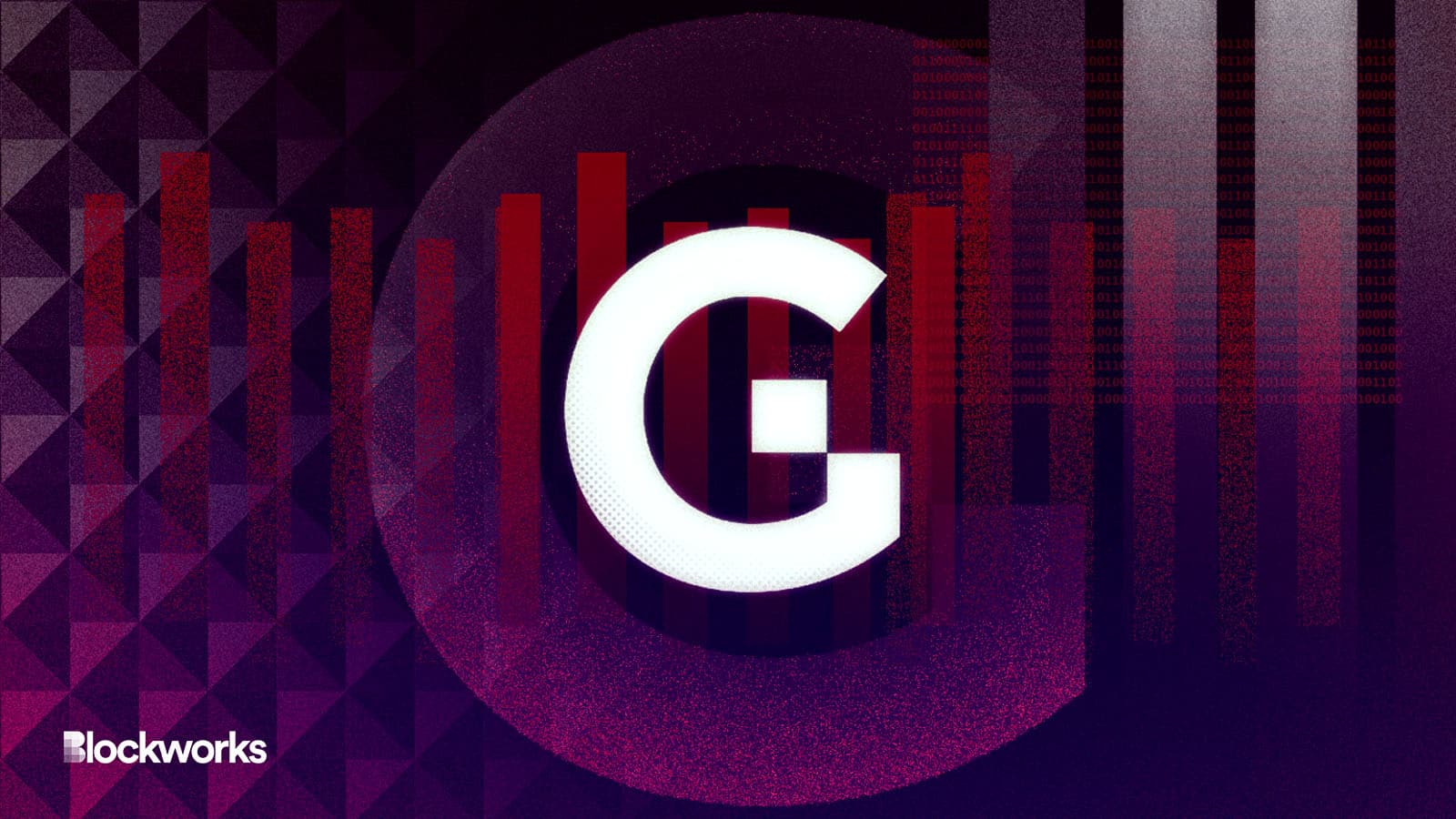Genesis in Chapter 11 Won’t Insulate Silbert, Winklevoss Says
Cameron Wiklevoss threatens to sue Barry Silbert, DCG and others, following Genesis bankruptcy

Blockworks exclusive art by Axel Rangel modified by Blockworks
Gemini co-founder Cameron Winklevoss on Friday threatened to sue Digital Currency Group and its CEO Barry Silbert for their supposed role in harming Gemini’s customers, following a Genesis bankruptcy filing.
In a Twitter thread, Winklevoss highlighted Genesis’ move to file for Chapter 11, calling it a “crucial step” for Gemini being able to recover customer assets. Silbert and DCG continue to “refuse to offer creditors a fair deal,” he added.
Genesis was reportedly looking to raise fresh capital and avoid bankruptcy, but the firm and its subsidiaries officially filed for bankruptcy protection late Thursday.
Genesis Global, Gemini’s partner for its recently-terminated Earn program, listed more than 100,000 creditors. Both assets and liabilities were given a rough estimate of between $1 billion to $10 billion.
Among the questions that remain unanswered is whether the $1.1 billion promissory note from DCG to Genesis is callable in bankruptcy. Prior to the Chapter 11 filing, Silbert told shareholders in a Jan. 10 letter that the note was not callable, but he did not specify whether Genesis’ bankruptcy would change that.
DCG and Genesis didn’t return Blockworks’ request for comment by press time.
Earlier this month, Winklevoss accused Silbert of “bad faith stall tactics” and claimed the CEO was yet to repay $900 million lent to its digital asset prime brokerage arm Genesis.
Winklevoss’ Gemini offered a product called “Earn” that allowed rewards of up to 8% to customers who lent out their cryptoassets to Genesis. But the product was inaccessible after Genesis halted customer withdrawals in November after the unraveling of FTX, where it had $175 million in locked assets.
Winklevoss later published an open letter calling on DCG’s board to remove Silbert as CEO. Silbert, meanwhile, has denied that DCG owes Genesis as much as $900 million and claims that DCG is up-to-date on any loan repayment.
Winklevoss further added that Genesis’ decision to seek bankruptcy protection “does not insulate Barry, DCG, and other wrongdoers from accountability.”
“The good news is that, by seeking the protection of the bankruptcy court, Genesis will be subject to judicial oversight and be required to provide discovery into the machinations that brought us to this point,” he added.
He had previously given Silbert a Jan. 8 deadline to commit to finding a resolution, but it appears that there was no response to this timeline.
Get the news in your inbox. Explore Blockworks newsletters:
- The Breakdown: Decoding crypto and the markets. Daily.
- 0xResearch: Alpha in your inbox. Think like an analyst.






